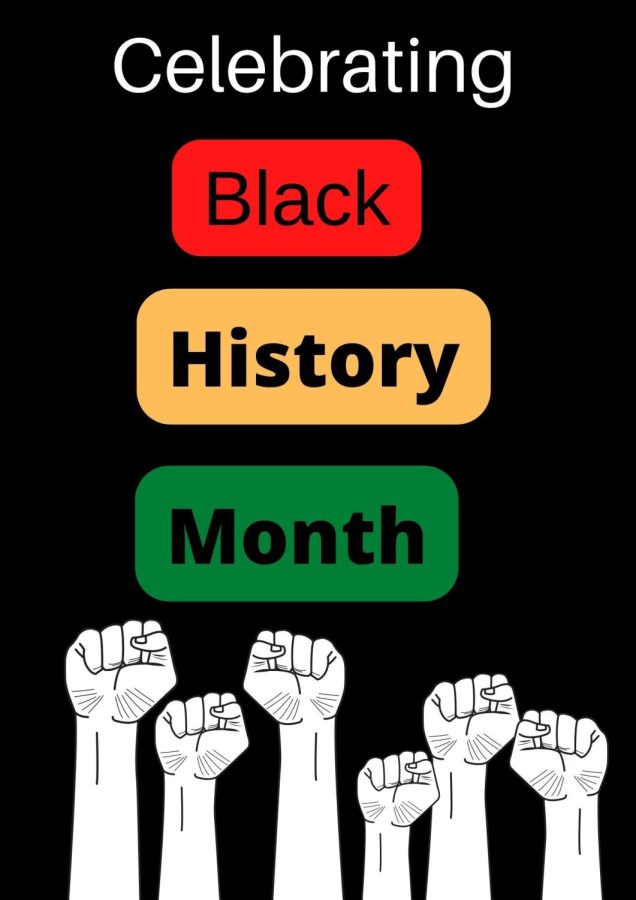Black History Month
Black History consists of the stories and accomplishments of Black people over the years. Particularly African-American history. It’s a month of celebration where people can attend programs, art exhibitions, movies, plays, and much more that are centered around the trials and tribulations that African Americans went through in the past and are still to this day dealing with.
The official recognition of Black History Month for the United States was not established until 1976 when President Ford declared that Americans need to “seize the opportunity to honor the too-often neglected accomplishments of Black Americans in every area of endeavor throughout our history.” The celebration itself began many years prior to Ford’s presidency. American historian, Carter G. Woodson, created the precursor to Black History Month in 1926 by establishing Negro History Week. It is believed that Woodson chose the month of February because it was the same month as the birthdays of Abraham Lincoln and Fredrick Douglas. He believed that by creating Negro History Week, black intellectuals would would be popularized for their findings and creations. A few decades later, a group of black educators at Kent State University proposed having an entire month to acknowledge Black History. The following year, they had the first celebration of Black History Month from January 2 to February 28, 1970.
The establishment of Black History Month was only a small step in getting Black History to be learned around the United States. The American curriculum lacked diversity and still does today. It is important to learn about not only the history and accomplishments of black people, but also other groups as well. Even though February is dedicated to Black History, it is crucial that it is celebrated throughout the year. Talking about Black History only in the month of February can be deceiving to young people because it provides only 28 days to talk about the many contributions of African Americans to the world. In most cases the same few African-American figures are discussed every year leaving many other important people in Black History obscure. Young children start believing that the only important people in Black History are Martin Luther King Jr. and Rosa Parks.
Every Black History Month there is a theme. The theme determines specific attributes in Black History to focus on each year. This year the focus is on the health and wellness of black people. The Association for the Study of African American Life and History (ASALH) says that “the 2022 theme considers activities, rituals and initiatives that Black communities have done to be well. The theme recognizes the legacy of black scholars and medical practitioners in Western medicine as well as the other ways the Black community has contributed to healthcare.
Themes are not the only yearly tradition for Black History Month. There is also an Expressions Contest. Guided by a quote from an African American in the healthcare field, students are able to submit an essay, a story, a piece of art, music, video, poetry, or any other form of expression to the Student Diversity Equity & Inclusion website. The top three submittals will be awarded and their pieces will be featured on the website.
Black History Month consists of many global, nationwide, and family traditions. With the advancement of technology nowadays, it makes it easier to learn something new. Many places provide information for people to learn a new fact about Black History everyday. But why are these facts and significant contributions not part of the core curriculum? Despite certain aspects of Black History being highlighted for an entire month, Black History should be taught and learned about all year round because the fact remains Black History is history. As a result, Black History should be thoroughly integrated into the K-12 curriculum to more clearly reflect the contribution that all Americans, including those of African descent, have made to this special place we call the United States of America.













